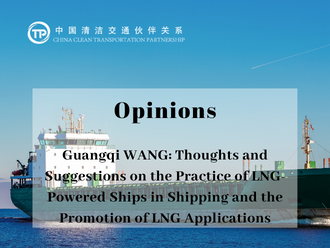
Guangqi WANG, the General Manager of Green Power Water Transport Co., Ltd., shared his thoughts and suggestions on the practice of LNG-powered ships in shipping and the promotion of LNG applications. He emphasized that although LNG-powered inland waterway vessels have significant environmental advantages, there is still room for improvement in the operating environment. He also mentioned that incentive policies need to be implemented and enforced more effectively to promote the development of LNG-powered vessels.
More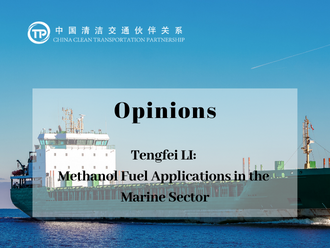
Tengfei LI, the chief designer of Guangzhou Shipyard International Company Limited, is of the opinion that methanol-fueled ships are environmentally friendly, economical, sustainable, and have good demonstration effects. However, their development is limited by several factors such as the lack of sound regulations, inadequate fuel filling points layout, and the need to improve the capacity of supporting facilities.
More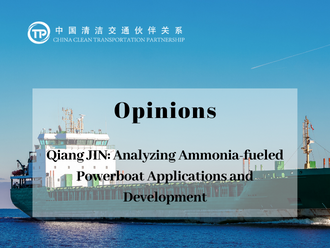
The researcher, Qiang JIN, from the Marine Design and Research Institute of China, has pointed out that the maturity of low-carbon fuel power equipment and the large-scale, stable, and low-cost supply of low-carbon fuel are two crucial factors that directly affect the development of low-carbon fuel ships. He emphasized that low-carbon fuel ships should be considered dialectically and chosen to be developed in a way that meets national conditions.
More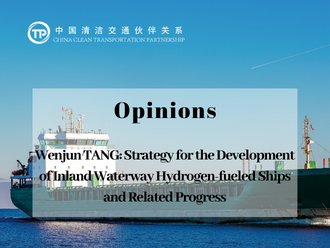
Wenjun TANG, director of the Fujian Green Intelligent Ship Research Branch at the Wuhan Changjiang Ship Design Institute, pointed out that while the relevant specifications for hydrogen fuel cell ships are more comprehensive, it is important to consider their advantages and disadvantages comprehensively before deciding on their applicability.
More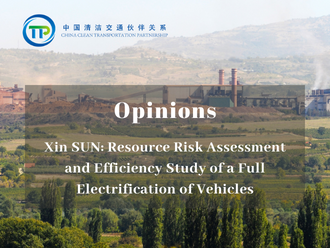
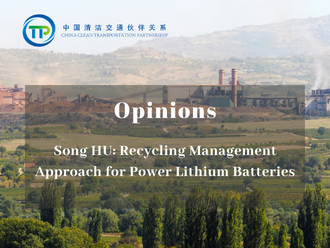
Song HU, director engineer of R&D at CATARC, has noted that China has a relatively comprehensive power battery recycling management policy system in place, and a regular working mechanism has been established. This provides a strong policy guarantee for power battery recycling.
More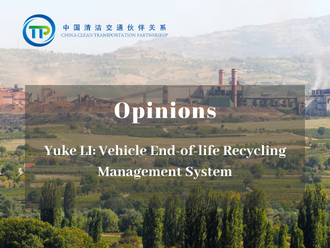
Yuke LI, the deputy chief engineer of CATARC-AIPRS, notes that China has essentially established a policy and standard system to regulate the development of the end-of-life motor vehicle recycling industry. He believes that with the entry of a large number of backbone enterprises into the automotive end-of-life recycling industry, the industry is poised to enter a period of upgrading and optimization.
More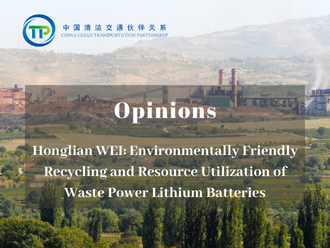
Honglian WEI, Chief Engineer of the Solid Waste and Chemicals Management Center at the Ministry of Ecology and Environment, mentioned that the recycling of retired power lithium batteries has two main directions: secondary use and recycling. She also emphasized that the dismantling and recycling process of waste power lithium batteries pose environmental risks that need to be given high priority.
More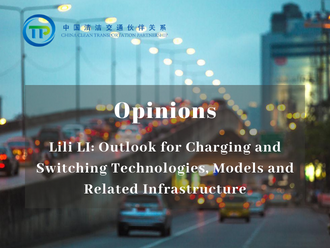
Lili LI, Chief Strategy Officer and Deputy Director of the Institute of New Energy Vehicle Energy Storage, Sichuan Energy Internet Research Institute at Tsinghua University, highlighted that charging facilities would play a crucial role in providing flexibility to the new power system. She suggested four policy recommendations tailored to different markets and facility objects: accelerating the popularization of charging facilities, comprehensive enhancement of charging infrastructure, pilot breakthrough of charging technology, and consolidation of charging infrastructure foundation.
More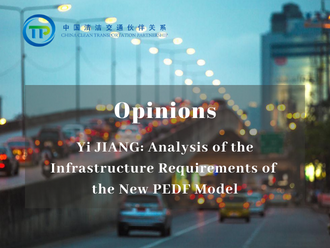
Yi JIANG, an Academician from the Chinese Academy of Engineering and professor of the School of Architecture at Tsinghua University, has stated that electric vehicles have a significant role to play as energy storage resources in the future. He suggested that it is crucial to develop and build charging piles in an orderly and moderate way in advance, as it is an essential element of China's new infrastructure.
MoreCCTP is a non-governmental, non-profit, and voluntary platform, focusing on policy and technological innovations, summarizing and disseminating national and global practices for a net-zero transportation sector.